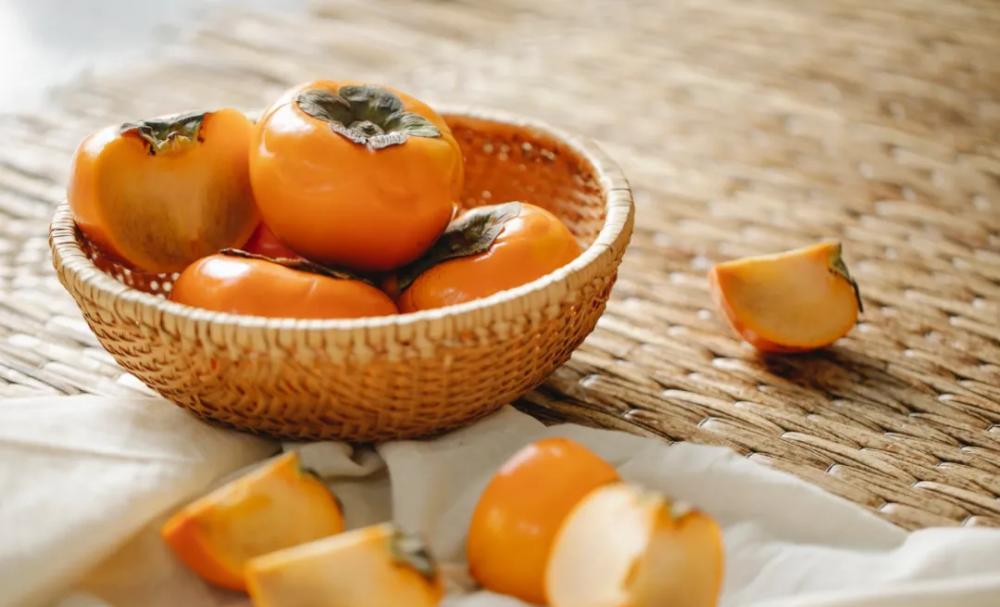Children cannot be given persimmons, and many children who eat persimmons have punctured intestinal walls and even died;
A 7-year-old boy in Ningbo City was rushed to the hospital for surgery because he ate too many persimmons, because persimmons contained a large amount of tannic acid, causing acute intestinal obstruction...
It is the season when persimmons are in season, and seeing such news, the persimmons that everyone holds in their hands are not fragrant in an instant. Can eating a persimmon really have such serious consequences?
The answer is: eating incorrectly can cause adverse consequences.

Persimmons are rich in nutrients such as carotene, vitamin C, manganese, dietary fiber, flavonoids and tannins (also known as tannic acid). The ingredient, tannic acid, is the main cause of symptoms such as persimmon astringency and constipation.
Tannic acid is an organic substance, odorless, slightly special odor, the taste is extremely astringent. Tannic acid can coagulate proteins, and can form insoluble complexes with alkaloids, glycosides and heavy metals.
When the pulp of the persimmon is bitten, the soluble tannic acid flows out and is dissolved by saliva, stimulating the nerve endings in the oral mucosa, making people feel astringent and uncomfortable. If the content of tannic acid in immature persimmons is higher, there may be a certain risk of consumption for people with bad stomach.
How can persimmons be eaten safer?
As long as it is a ripe persimmon, pay attention to the amount of control when eating, especially it is not recommended that people with poor digestive function or gastrointestinal diseases such as stones and stomach ulcers eat persimmons in large quantities.
Healthy adults eat 2 persimmons (400 ~ 500g) a day will not cause stomach stones, but in fact, the Dietary Guidelines of the Chinese Nutrition Society recommend that adults consume less than 350g of fruit per day; children according to different age groups, the recommended intake is 25-250g, and the variety of recommendations is rich, so it will not cause problems.
Judging whether persimmons are ripe is simple, because the higher the tannic acid content, the more astringent the taste will be.
How do unripe persimmons get rid of astringency?
Deastringency is to convert soluble tannic acid into insoluble tannic acid, and there are two main ways to operate it that is more convenient at home:
1, the persimmon immersed in about 40 ° C warm water, so that the water does not pass the persimmon, cover and seal, maintain a constant temperature, after 10 to 24 hours can be deastringent. Persimmons can be deastringent by soaking them in cold water for 5 to 6 days, but they need to be changed frequently. The persimmons of this method are light in taste, can not be stored for a long time, and the fruit color turns brown after 2 days, and the fruit becomes soft and easy to rot.
2, take 2 to 3 ripe apples or bananas, put them in a plastic bag with persimmons, tie them tightly, and after a few days, the ripe fruit will produce a large amount of ethylene ripening persimmons.
Do you give your baby persimmons?
Welcome to share in the message area
About author:Wang Bin, a child nutritionist, is a national second-level public nutritionist and a national senior nutrition lecturer. Good at combining medicine with modern nutrition knowledge, focusing on the field of maternal and infant nutrition and health, teaching you to feed your children scientifically!